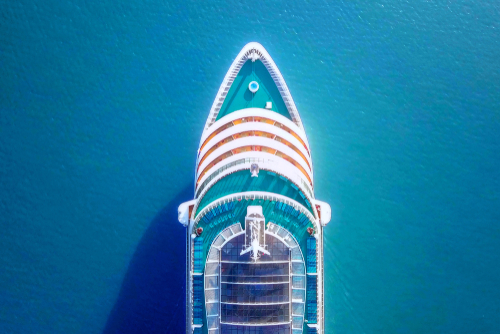In a recent article, DNV highlights the challenges that seafarers in the cruise sector will face in the future considering industry’s transformation due to decarbonization and digitalization. In addition, recruiting seafarers has become exceedingly difficult amid a general shortage of skilled labour, the classification society notes.
Change is happening on a more subtle, human level as young, digitally minded seafarers come aboard and the experienced crew members find themselves confronted with a new set of expectations from their younger colleagues. DNV says that the most frequent inquiries from young crew members revolve around the absence of an app for certain tasks and the excessive reliance on paperwork.
Expectations around digital solutions are helping to drive innovation in the cruise sector. The young generation of seafarers mostly completed school during COVID and are accustomed to distance learning.
Marco Fantasia, VP Safety and Compliance at Norwegian Cruise Line Holdings Ltd. (NCLH), headquartered in Miami, Florida, emphasizes the need to overhaul training methods to align with the expectations of the younger crew members. He asserts that in order to resonate with their daily routines, such as their heavy usage of social media and apps, the company aims to adapt training techniques accordingly. Fantasia believes that this approach will not only meet the crew members’ standards but also effectively embed the safety culture throughout the organization.
DNV also highlights that presence-learning is very important for a enhancing communication skills. In-person training is an excellent opportunity to communicate with fellow trainees, learn from each other and share experiences on a personal level.
“On a cruise, with so many crew members, it’s not uncommon to sometimes feel lost. Whether you are sharing a cabin with a colleague or have over a hundred co-workers in the same department, communication skills, and social skills in general, are very important in this complex environment.”, Fantasia argues, adding that the future of crewing and training should balance technology with human experience. ”Whenever we introduce new technology, we must make sure to develop a training programme that is tailor-made for new needs.”
In that regard, leaders on board have to learn how to manage communication with the younger generation, so enhanced leadership skills are more important than ever. This includes learning to work with the different nationalities and cultures represented on board.






























































